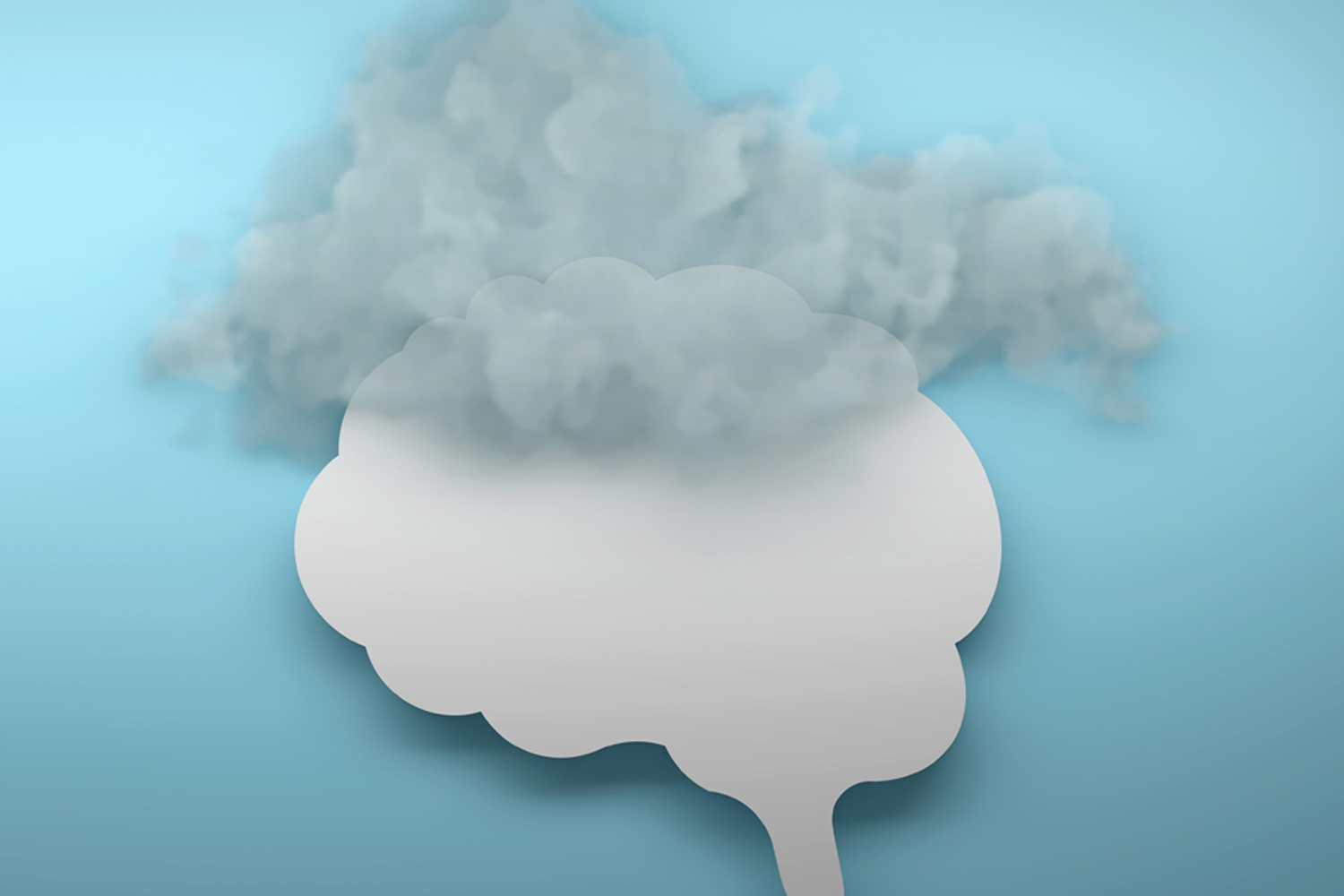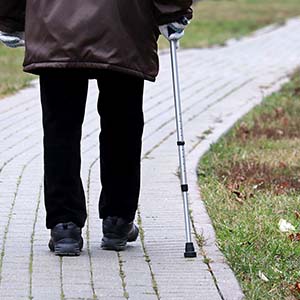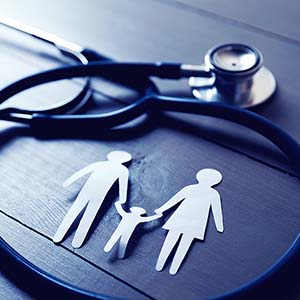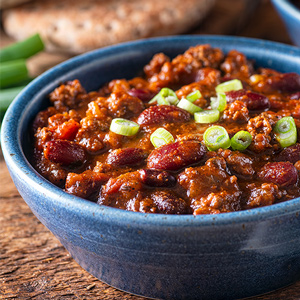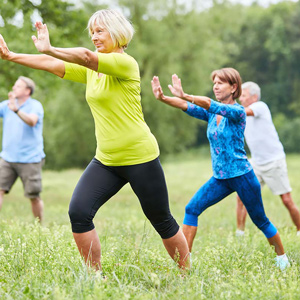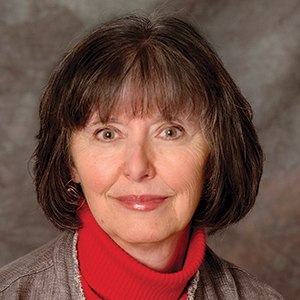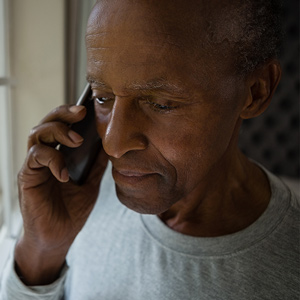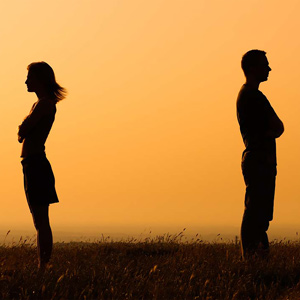-
Exercise, Cancer and Aging
A study on aging shows that cancer survivors are at higher risk of losing strength and walking more slowly compared to those with no cancer history. Exercise is one way to combat this decline.
by Marcus A. Banks
-
Preconceived Notions: Cancer, Fertility Coverage and the Law
Insurance coverage for fertility treatments is not mandated by federal law, although some states require it. People seeking cancer treatment need to understand their coverage and the law in their state.
by Shelly Rosenfeld
-
August 6: The Week in Cancer News
The father of a child diagnosed with brain cancer calls for better financial support for families, and a task force aims to find out more about AYA patients' quality of life.
by Bradley Jones
-
July 2: The Week in Cancer News
A study sheds light on the link between red meat consumption and colorectal cancer, and mRNA COVID-19 vaccines are effective in most cancer patients.
by Kevin McLaughlin
-
Healthy Habits
Low-Budget EatsPlanning ahead can yield a balanced diet at a reasonable price.
by Ashley P. Taylor
-
Healthy Habits
Fighting FitTai chi benefits cancer survivors in body, but also in mind.
by Tara Santora
-
Your Cancer Guide
A Space for Self-CareCancer survivors can build routines to address their needs during and after treatment.
by Hester Hill Schnipper
-
Caregiving With Confidence
Feeling DistantA little bit of planning can help streamline cancer care, even when you are caregiving from afar.
by Karen J. Bannan
-
Forward Look
Sexual Health in Adolescent and Young Adult SurvivorsCancer survivors diagnosed early in life may have unanswered questions about their sexual health.
by Lindsey Konkel
-
Forward Look
Going FlatMost people who opt out of breast reconstruction are satisfied with their decision but are not always supported by their surgeons.
by Kris Conner
Cancer Talk
Treatment Combination Improves Survival in EGFR-positive Lung Cancer
Adding chemotherapy to targeted therapy improves outcomes for people with advanced EGFR-positive non-small cell lung cancer.
by Sandra Gordon
Lessons From 20 Years Living With CancerMultiple myeloma survivor Jonathan Gluck reflects on uncertainty, and the scientific progress that has kept him living with cancer for more than two decades.
by Eric Fitzsimmons
The Enduring Importance of Cancer Disparities ResearchOpening session from AACR conference highlights how perseverance and adversity have informed cancer disparities research over the years.
by Eric Fitzsimmons
Most Cancer Survivors Don’t Meet Healthy Diet GoalsDespite research linking fruits and vegetables to cancer survival, many people do not change their eating habits after diagnosis.
by Darlene Dobkowski

